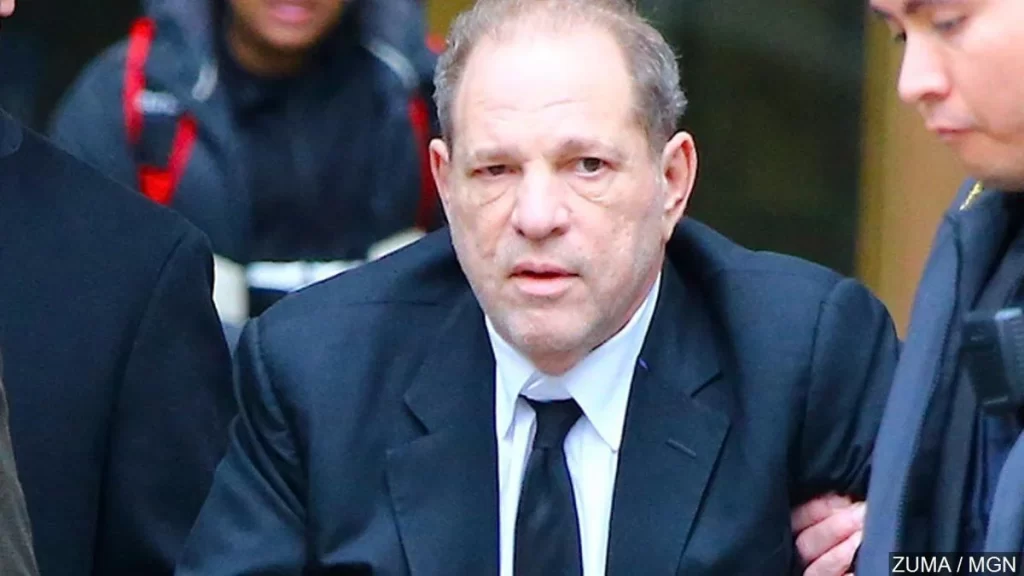Harvey Weinstein, the former Hollywood mogul convicted of sexual assault in 2020, is appealing his New York conviction, claiming the judge overseeing the trial allowed prejudicial evidence and swayed the jury.

Unfair Trial Allegations:
- Weinstein’s lawyers argue Judge James Burke permitted testimony from three “Molineux witnesses” whose allegations didn’t pertain to the charges, unfairly portraying him as a habitual offender.
- They contend his potential testimony was contingent on allowing prosecutors to present “excessive, random, and highly dubious prior bad act evidence,” including unrelated incidents during his studio head days.
- This “Weinstein rule,” they argue, violates his right to a fair trial and unfairly prejudiced the jury.
Defense Strategy and Previous Appeals:
- Weinstein declined to take the stand due to these restrictions, potentially hindering his defense.
- In 2022, a panel upheld the conviction while expressing concerns about some admitted evidence.
- Weinstein now hopes for a new trial on the criminal sexual act charge, while the rape charge’s timeframe precludes another trial.
Appeal Outcome and Future Challenges:
- A decision is not expected immediately, and further legal battles are likely.
- Weinstein faces a separate 16-year sentence in California for sexual assault convictions.
- This appeal underscores ongoing debates about balancing due process with victim testimonies in #MeToo-related cases.




